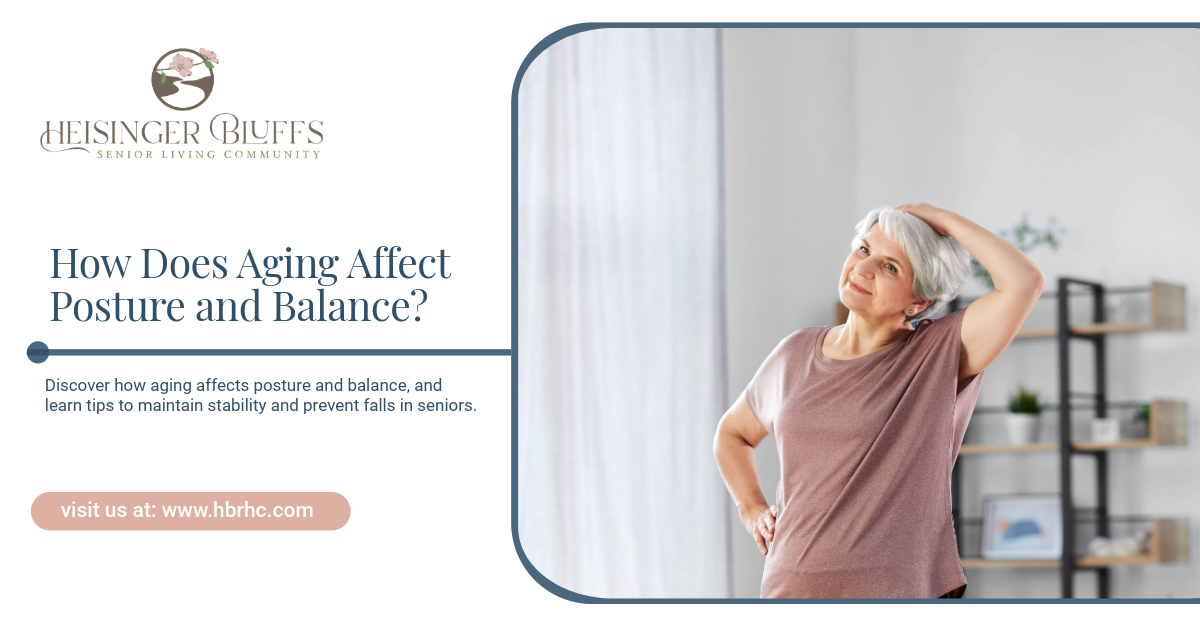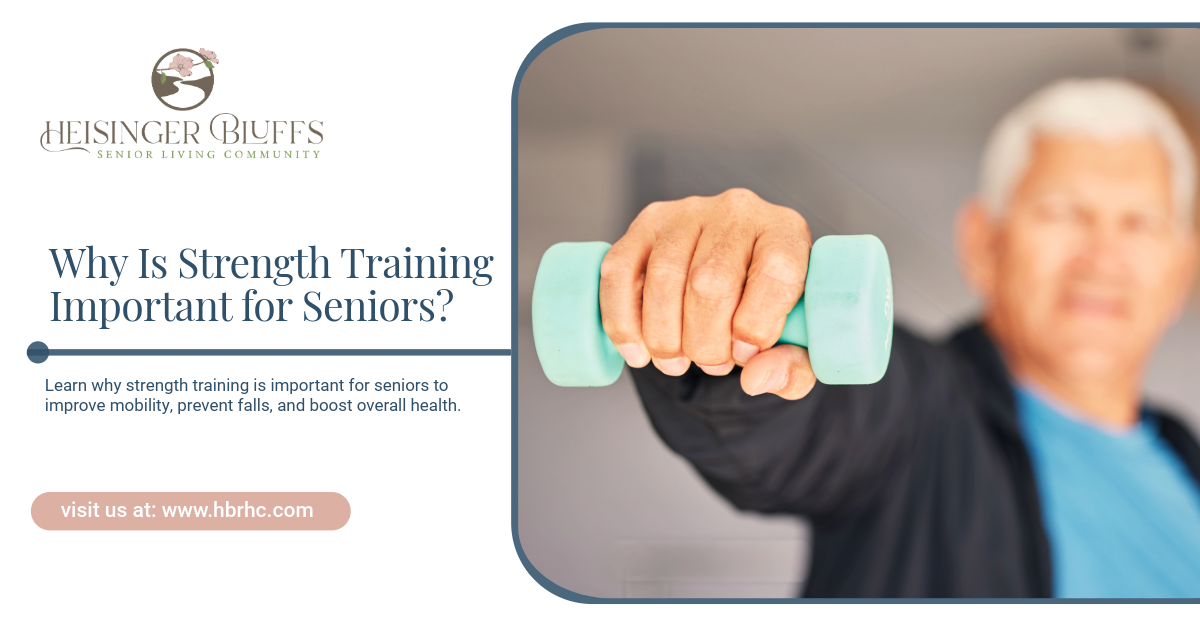When Dementia Patients Need 24-Hour Care

Dementia patients typically need 24-hour care when safety, health, and daily functioning are at serious risk. Key signs include:
- Wandering or getting lost, even in familiar places
- Increased confusion during the day or night (sundowning)
- Frequent falls or mobility issues
- Aggression or severe mood changes
- Inability to perform basic tasks like eating, dressing, or bathing
- Incontinence or poor hygiene habits
- Caregiver burnout, making home care unsustainable
As dementia progresses, constant supervision becomes essential to prevent injury and manage medical needs. 24-hour care ensures safety, structured routines, and professional support.
At Heisinger Bluffs, we provide compassionate memory care tailored to each stage of dementia in a secure, nurturing environment.
Frequently Asked Questions
Can dementia patients live alone?
In early stages, some may, but close monitoring is essential.
What is sundowning?
A state of increased confusion and agitation that occurs in the late afternoon or evening.
Does 24-hour care mean a nursing home?
Not always. Many memory care communities offer 24/7 support in a home-like setting.
Sources:
- https://www.alzheimers.org.uk/about-dementia/stages-and-symptoms/progression-stages-dementia
- https://www.alz.org/alzheimers-dementia/stages











